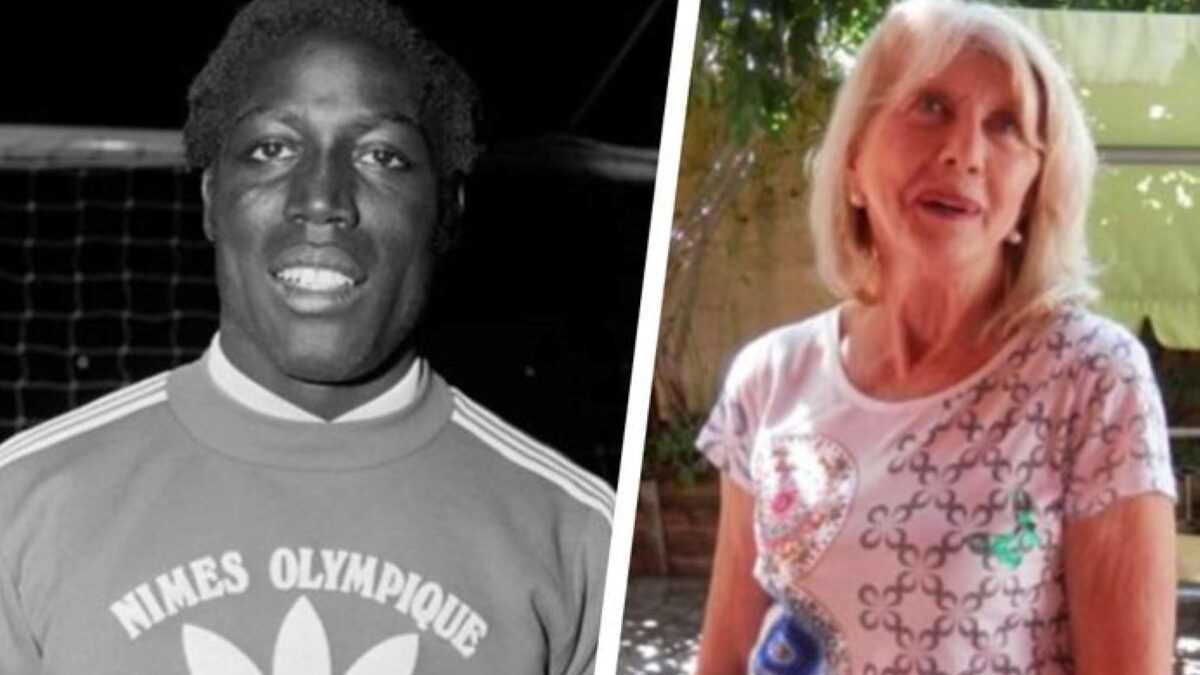
What do we owe victims of dementia or brain injury?
New York Times ethicist suggests, not much
Jean-Pierre Adams and his wife Bernadette / Affrik.com
Dementia is on track to becoming a growth area in bioethics. How should we treat someone who is no longer in touch with reality, cannot recognise even his loved ones, and is no longer a productive citizen?
While we await a definitive tome on the subject, the resident ethicist of the New York Times Magazine, Kwame Anthony Appiah, has stepped into the gap. He is a distinguished figure, not a mere “Dear Abby” stand-in — a British-Ghanaian post-modern philosopher, cultural theorist, media star, and novelist, who has taught at Princeton and New York University.
Last weekend a reader sought guidance about her mother’s love life. Her stepdad has early-onset Alzheimer’s. Her mother was a full-time carer until a few months ago, when her husband was moved into a nursing home.
Suddenly single and lonely, her mother started dating a man in his 70s who is, according to “name withheld”, a sleazy character with no money and a string of divorces. “My mother seems hellbent on dating this man and is not receptive to hearing our concerns.” What should she do?
Like a good philosopher, Professor Appiah first of all distinguishes. There are two ethical issues: (a) should she date this man and (b) should she date anyone at all. As for the former, it’s a matter of taste and prudence. As for the latter, his advice is unconventional.
We talk of marital commitments as running “until death do us part.” We also know that many marriages end in divorce. Having a living, divorced spouse who no longer recognizes you falls into neither category. Your stepfather did not break his vows or re-evaluate them. Nonetheless, he has effectively left the relationship — been removed from the relationship — in a permanent and irretrievable way. Your stepfather’s advanced dementia has, in short, robbed your mother of her husband …
But we should not want our spouses to abjure the companionship of others once we are no longer available to them. Indeed, nobody in your family has the right to expect this of her. The painful truth is that her status is ethically equivalent to that of a widow.
Hmmm. The idea that a person with Alzheimer’s is, for all intents and purposes, no longer a person brings with it many consequences, not only social, but also legal and moral. It probably needs to be considered a bit more deeply.
A recent counter-example comes from France, where a former player on the French national soccer team passed away on September 6 at the age of 73. Jean-Pierre Adams was born in Senegal, migrated to France, played for Nimes, Nice and Paris St-Germain and represented his new country 22 times.
He married a French national, Bernadette, and had two sons. In 1982 a routine operation on his knee went wrong. Under an inexperienced trainee and an over-worked anaesthetist during a strike of doctors and nurses, his brain was starved of oxygen. He never woke up and spent the next 39 years in a vegetative state. His wife cared for him loyally all those years – changing his clothes, preparing his food, exercising him and conversing with him. She believed that he was dimly aware of the people around him.
Euthanasia? “Unthinkable!” Bernadette told a journalist in 2012, “And it's not for me to decide for him. I'm not going to deprive him of eating anyway … At first, when he was in a coma, it was my fear every time I went to the hospital, I was afraid that I would be asked if I wanted to unplug it.”
After his death, he was honoured with a minute's applause before a World Cup qualifier between France and Finland. His wife deserves at least that and more. To date, their story has not appeared in the New York Times.
Michael Cook is editor of BioEdge
Creative commons
https://www.bioedge.org/images/2008images/jean-pierre-adams-et-sa-femme-1200×675.jpeg
- How long can you put off seeing the doctor because of lockdowns? - December 3, 2021
- House of Lords debates assisted suicide—again - October 28, 2021
- Spanish government tries to restrict conscientious objection - October 28, 2021
